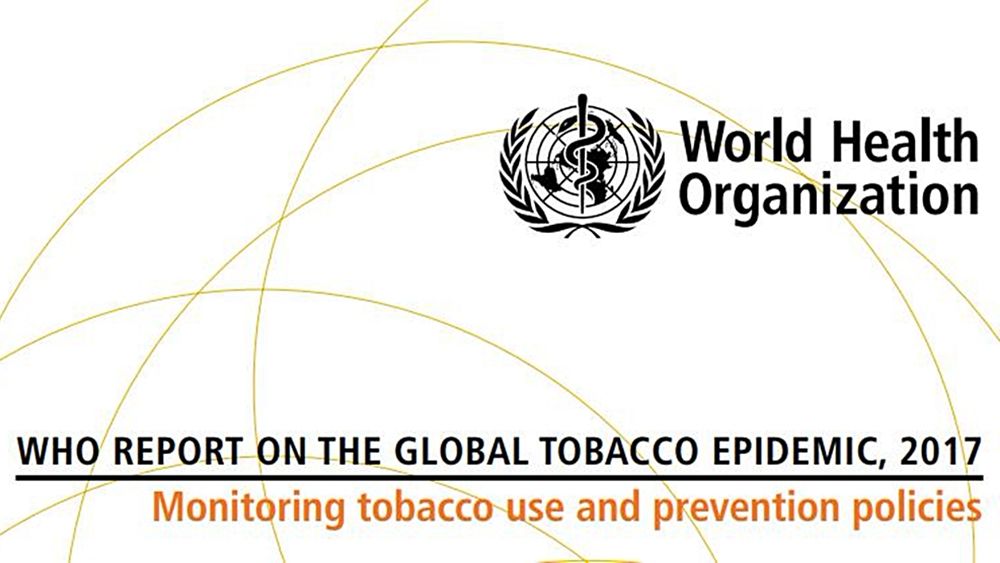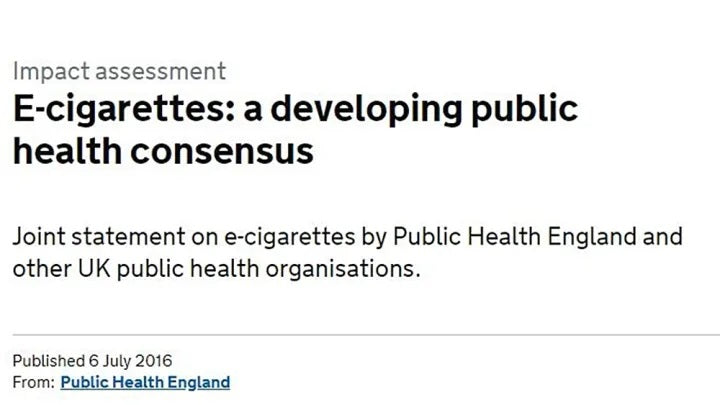
With the popularity and promotion of e-cigarettes around the world in recent years, how much can e-cigarettes reduce harm compared to cigarettes? It is something that many vape users have always wanted to know. We will find out more with this article.

E-cigarettes are widely accepted in developed countries with active scientific research fields such as Europe and the United States, and the government has also introduced corresponding policies to effectively supervise e-cigarettes to promote the process of public health and hygiene. However, due to national taxation, intervention by tobacco groups, and misinterpretation by the media, some countries and regions have banned e-cigarettes. However, as the benefits of e-cigarettes to public health in some developed countries have become more and more obvious, many countries have begun to gradually release from initial suspicion, banning them, lifting the ban, legalizing e-cigarettes, and bringing them into normal government supervision. Such as Canada, the Philippines, Indonesia, and so on.
Public Health England (PHE) released a report in 2015 stating that e-cigarettes are a safer alternative to traditional tobacco. E-Cigarettes: An Evidence Update. The report summarizes a large number of scientific studies and draws a clear conclusion: e-cigarettes can reduce harm by about 95% compared with traditional tobacco, and are expected to be used as an alternative to tobacco withdrawal drugs such as nicotine patches. The British Public Health Agency listed this conclusion on its official government website to remind British smokers that there is an alternative and safer way to stop or improve further harm caused by tobacco to smokers.

In 2016, the England Public Health Agency and 13 public health organizations jointly issued a statement, agreeing that the health risks of e-cigarettes are smaller than traditional cigarettes, and supporting their use as a smoking cessation tool.
The Royal College of Physicians published a research report in 2016, Nicotine without smoke: tobacco harm reduction (smoke-free nicotine: reducing tobacco harm). The results of the study support the following conclusions: 1. E-cigarettes are not the door to smoking; 2. E-cigarettes will not lead to the normalization of smoking; 3. E-cigarettes are very helpful for smoking cessation; 4. Compared with other tobacco products, the long-term harm of e-cigarettes may be less than 5%.
In 2016, scientists in various disciplines around the world, through several years of research on e-cigarettes, came to a definite conclusion: e-cigarettes are much less harmful than cigarettes and can be used as a powerful tool for tobacco harm reduction. A large number of people engaged in research in this field Doctors and professors issued a joint open letter to the World Health Organization, proposing that the World Health Organization and governments should calmly analyze the scientific arguments, not accept or promote the misinterpretation of e-cigarettes by flawed media, and should include them in the global tobacco reduction policy. The essential tool of choice for hazardous jobs.

The World Health Organization (WHO) believes that e-cigarettes are an evolving frontier and are full of hope for global tobacco control, but they also need to be managed. According to the statistics of the World Health Organization in 2017, 52 countries around the world have made it clear that e-cigarettes are legal and have begun to implement management. The WHO hopes that more countries will introduce e-cigarette management regulations to ensure the legal and safe use of e-cigarettes.



